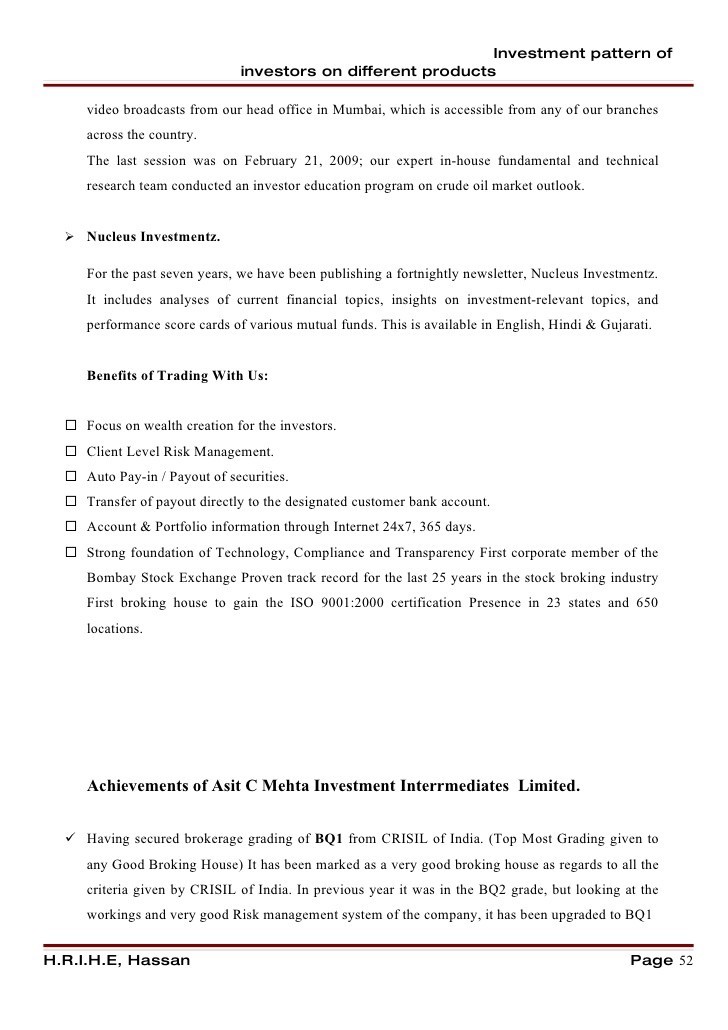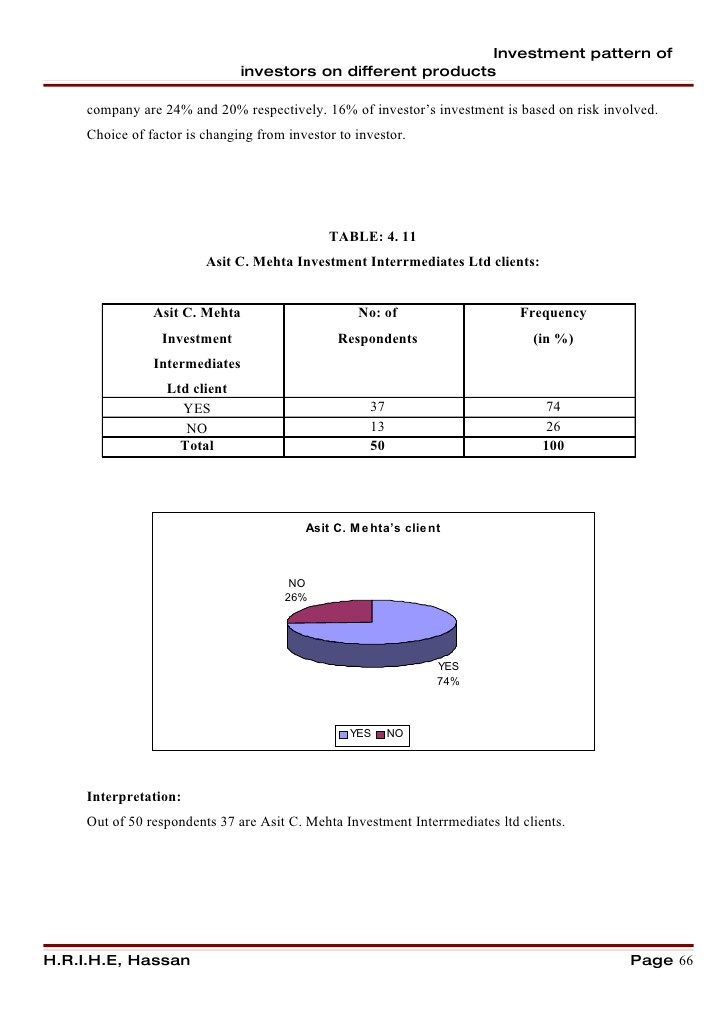Survey Reveals Marked Differences Between Retail Investors’ Choices And Product Knowledge Across
Post on: 24 Май, 2015 No Comment

Date 12/07/2011
In its continued initiative to connect retail investors to product issuer communities, NYSE Euronext commissioned TNS Sofres to survey the opinions, attitudes, and expectations of retail investors on its European cash markets including France, the Netherlands, Belgium and Portugal.
The survey was conducted from December 1, 2010 to April 4, 2011 for a sample of 591 active European investors, defined as making at least 20 transactions each year. or 10 to 19 transactions each year with a portfolio of at least 15,000. These investors hold shares, bonds, certificates, warrants, ETFs, options, futures or CFDs and are actively involved in their portfolio management.
The survey revealed a number of interesting findings demonstrating the strong differences between different investors product knowledge and choices in France, the Netherlands, Belgium and Portugal.
Profile of investors in stock market products
Retail investors primarily hold shares, bonds and funds with 94% of respondents in France holding shares, 91% in Belgium, 87% in the Netherlands, and 71% in Portugal.
Options are particularly popular in the Netherlands, where 62% of respondents hold these products, compared with 22% for Belgian investors and only 5% for French retail investors who took part in the survey. The latter investors have a real preference for Life Insurance (77%), ETFs (52%) and Buy to let property (48%).
The most active retail investors are in the Netherlands where 44% of investors make more than 50 orders a year, compared with 37% in Belgium and 29% in France. Furthermore, more than 75% of investors who responded take their buying or selling decisions themselves, without consulting either their partners, their banks or management companies.
Attitude and behaviour
Retail investors surveyed rely overwhelmingly on the Internet to buy and sell financial products. This was the case for 100% of respondents in Portugal, 96% in the Netherlands, 94% in France, and 91% in Belgium.
When intermediaries are used, banks and financial institutions are the principal choice to make transactions, with online banks following closely behind especially in France, Belgium and Portugal. In the Netherlands investors split their choice between banks, online banks and online brokers.
Respondents surveyed in France and the Netherlands tend to invest mainly in their own domestic markets and local indices such as the CAC 40 for France or the AEX for the Netherlands. The Belgians are the most international with eight out of ten respondents investing frequently in NYSE Euronext zone countries and 53% in the rest of Europe. On a more international level, investors in France are the most circumspect with only one out of every 10 respondents investing in North America, compared to one third of investors in Belgium, Portugal and the Netherlands.

Openness to new products is mixed, with France, Belgium and Portugal being the most open to new products; in the Netherlands, however, more than 52% of respondents are satisfied with the products they hold.
In 2011, the investment outlook is extremely positive for shares and ETFs, with 72%and 84% of respondents in France, who currently hold these products, interested in investing even more in shares and ETFs, respectively. This compares with 79% of retail investors surveyed in the Netherlands for both products and 81% and 77%, respectively, in Belgium.
The investment outlook for financial products for investors who do not currently hold the producs is also bright. In France 30% of respondents are interested in investing in ETFs in 2011. In the Netherlands, the preferred vehicles are shares, options and certificates, with interest at 51%, 30% and 24%, respectively.
Knowledge of products and opinions
Given that their primary investments are in shares, funds and bonds, the retail investor respondents are naturally most familiar with these across all countries. ETFs and warrants are known very well or fairly well to a significant 71% and 53%, respectively, of French respondents, while in the Netherlands options and certificates lead the pack with 82% of investors of respondents claiming familiarity with options and 61% with certificates, compared with 51% in Belgium and only 32% in France.
In terms of reputation, Bonds, Listed Shares and ETFs were all judged products with a good reputation among respondents who know them well (over 85% across all categories and all countries). In the Netherlands, despite a rate of only 50% familiarity with ETFs, 90% of the investors considered that they had a good reputation.
Pedro Fernandes, Head of European Exchange Traded Products at NYSE Euronext, commented, These results will be of immense value for us and for our issuers so that we can better respond to retail investors specific needs through innovative products and services. What is extremely interesting is the different levels of knowledge of individual products among investors across the countries in which NYSE Euronext operates in Europe. There is clearly a need for more information on certain products to educate investors of the different opportunities they have to invest in accessible, transparent and liquid products provided by NYSE Euronexts regulated market.














